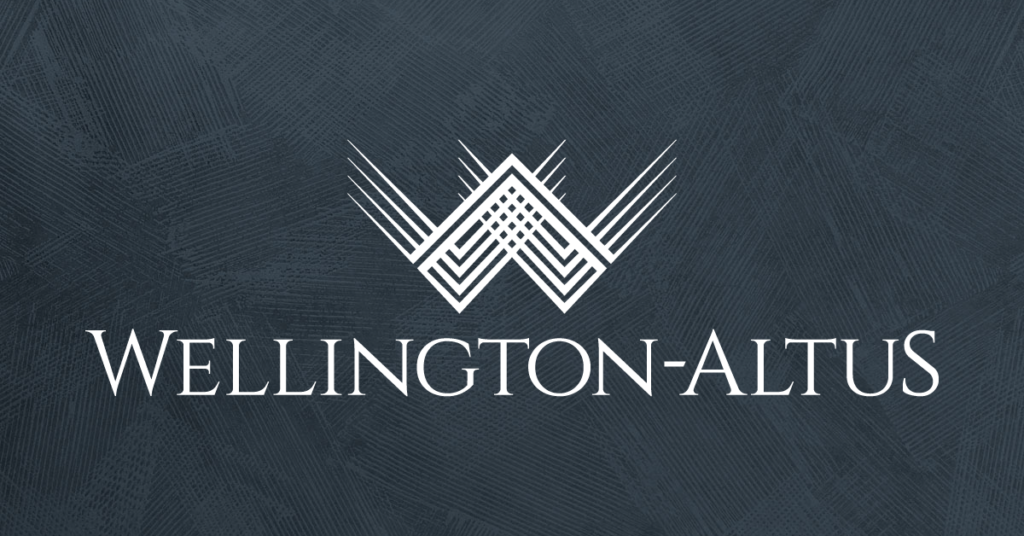Year-End Personal Tax Tips for 2024
Dec-2024

Year-End Personal Tax Tips for 2024
- December 11, 2024
Tax planning is a year-round activity, however as 2024 comes to an end, there are several key opportunities to take advantage of available credits, deductions, and savings. Here are a few strategies to consider before the new year:
Review Accrued Capital Gains
With the proposed increase to the capital gains inclusion rate for annual gains over $250,000, consider whether accrued gains exceeding that threshold can be realized over several years. Triggering some gains before year-end and the remainder in 2025 may minimize tax on the total gains, but also means prepaying tax on those gains. Keep in mind, the increased rates have not been enacted and may still change or be withdrawn.
Trigger a Tax Loss
Securities which are in a loss position in non-registered accounts can be sold by December 30th. The resulting capital loss can be applied against realized capital gains this year, in any of the previous three years, or in future years. This planning may be especially relevant for individuals who triggered large capital gains in the year in anticipation of the proposed increase to the capital gains inclusion rate.
Be aware that if you, or a taxpayer affiliated1 with you, purchase the security sold at a loss in the 30 days prior to or following the sale, the loss may be suspended or denied.
Tap Into Your Tax-Free Savings Account (TFSA)
Withdraw any capital needed from your TFSA before December 30th. The amount removed from the TFSA will be added back to 2025 contribution room.
Open a First Home Savings Account (FHSA)
Introduced in 2023, the FHSA allows prospective first-time home buyers to save tax-free, up to certain limits. If you are a first time home buyer who is at least 18 years of age and resident in Canada, consider opening an FHSA or contributing to one you have open. Allowable contributions for 2024 are $8,000, plus available carryforwards from last year. Contributions are deductible.
Donate and Pay Expenses
Charitable donations or in-kind donations of securities made by December 31st will generate tax credits for 2024.
Other eligible payments made before the end of the year that can generate potential tax savings include medical expenses for individuals and their families, certain home renovations2, investment counsel fees, interest and other investment expenses, political donations, and union dues.
Consider Your Registered Plans
RRSP/RRIF/LIRA/LIF – Individuals turning 71 in 2024 must convert their Registered Retirement Savings Plan (RRSP) to a Registered Retirement Income Fund (RRIF) and Locked-In Retirement Account (LIRA) to a Life Income Fund (LIF) by December 31st.
RESP – Parents and grandparents should consider making Registered Education Savings Plan (RESP) contributions before the year-end to receive 20% of the contributions up to a maximum of $500 per beneficiary in Canada Education Savings Grants (CESG), if eligible.
RDSP – Consider contributing to a beneficiary’s Registered Disability Savings Plan (RDSP) before December 31st to access 2024 federal government assistance and maximize tax-deferred growth.
For further information about year-end personal tax tips and other tax planning opportunities, please reach out to your Wellington-Altus advisor.
1 Includes a spouse, common-law partner (CLP), corporation controlled by you or your spouse/CLP, and a trust where you, your spouse/CLP or affiliated corporation are majority beneficiaries.
2 E.g. for the Home Accessibility Tax Credit and the Multigenerational Home Renovation Tax Credit.
